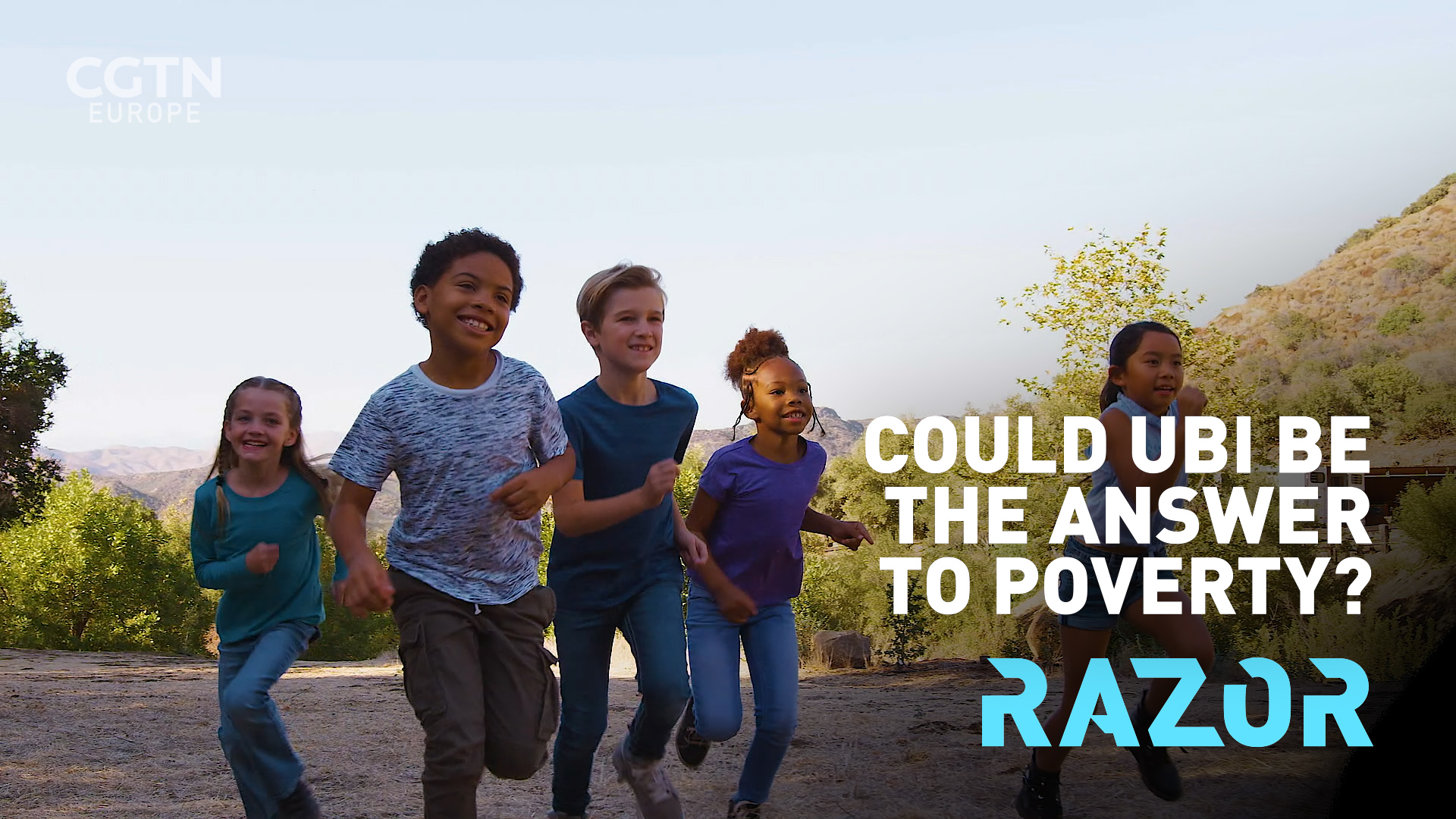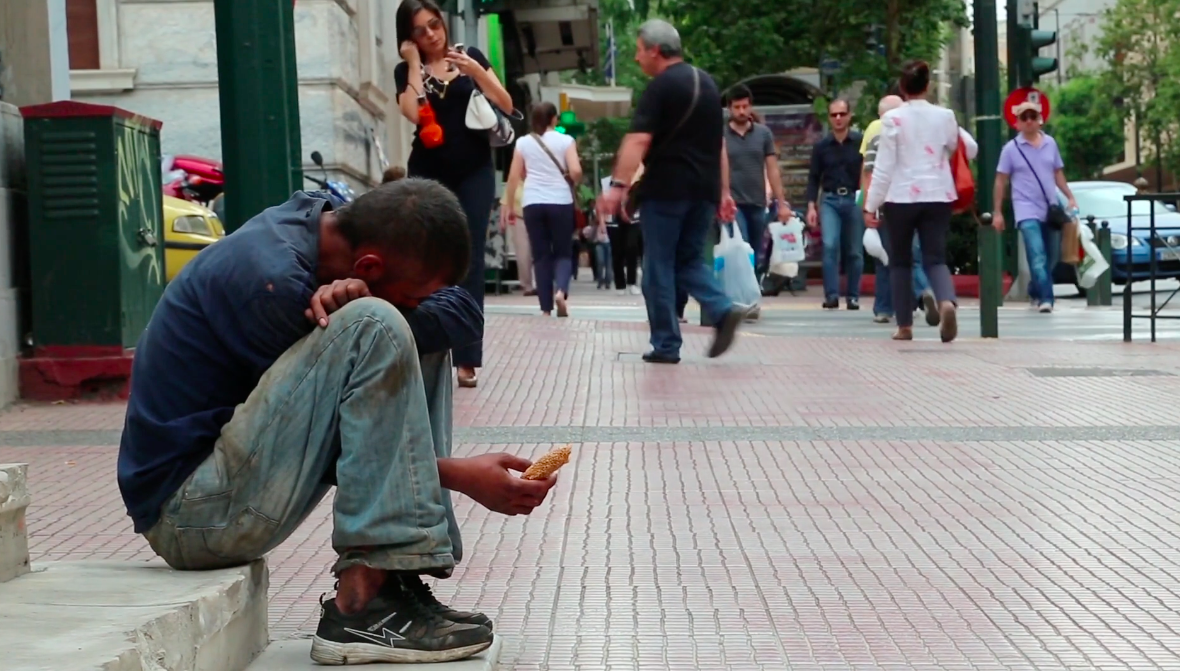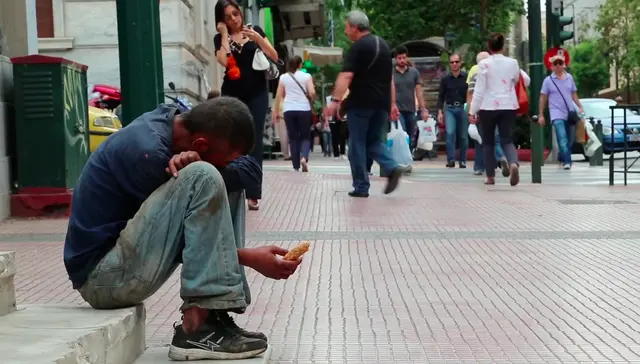06:09

Financial aid to workers during the coronavirus outbreak has raised the question of whether a Universal Basic Income (UBI) could be the answer to poverty.
Prof Matt Smith, from the University of Strathclyde in Scotland, has pointed to the potential benefits of UBI that go beyond simple economic support, but also include improving mental health in society.
Often dismissed as an unaffordable dream, Smith highlights how much money governments have had to make available to businesses and workers now due to coronavirus. With a Universal Basic Income, such special provisions for staff would not have been needed to the same extent, he argues.
"With a UBI if you are in this situation people would just continue to get their Universal Basic Income, it would be enough to pay their bills, it would be enough to keep them above the poverty line," he told CGTN Europe's RAZOR program.

A basic salary for everyone could prevent people from dropping below the poverty line. /CGTN
An improvement in mental health is another indirect benefit from providinga Universal Basic Income , says Smith. This is down to removing some of the stresses and strains caused by poverty, but also giving people fresh opportunities by removing inequality.
"UBI helps to reduce inequality in societies, this is because it is universal it goes to everybody," he said.
"It helps people to achieve social mobility so if someone thinks they can't go back to university or if someone wants to start their own business or endeavor upon an artistic, or entrepreneurial career at least they have that basic income."
**Check out **
The Pandemic Playbook
, CGTN Europe's major investigation into the lessons learned from COVID-19.
 简体中文
简体中文

